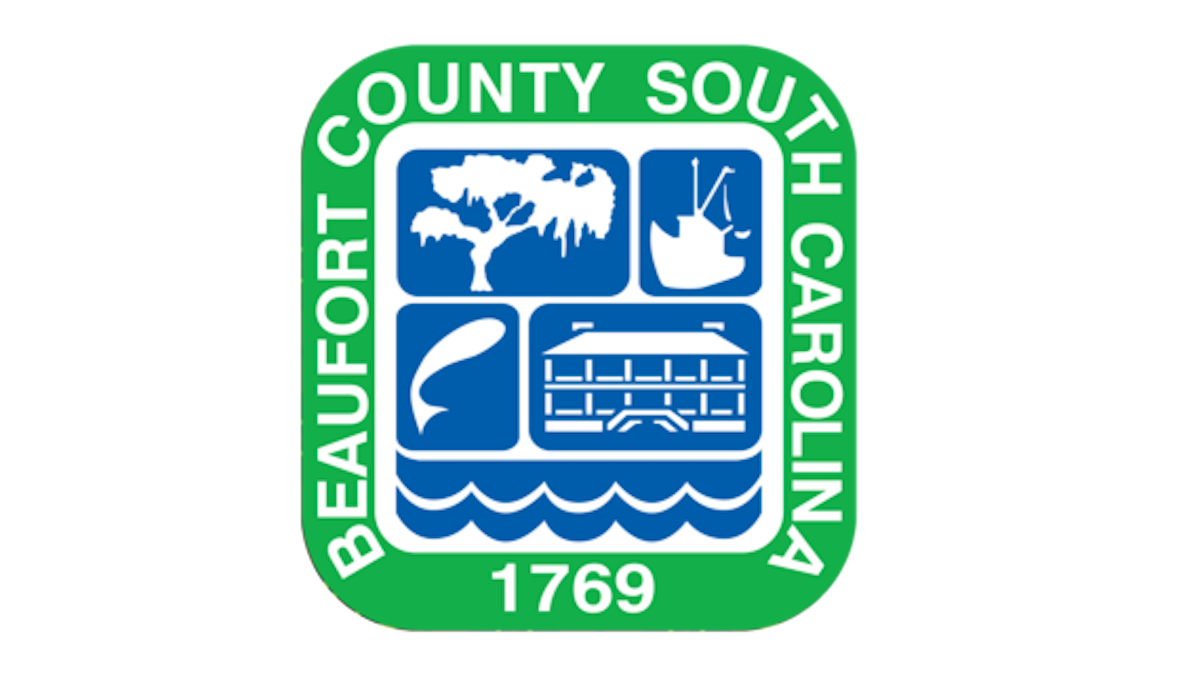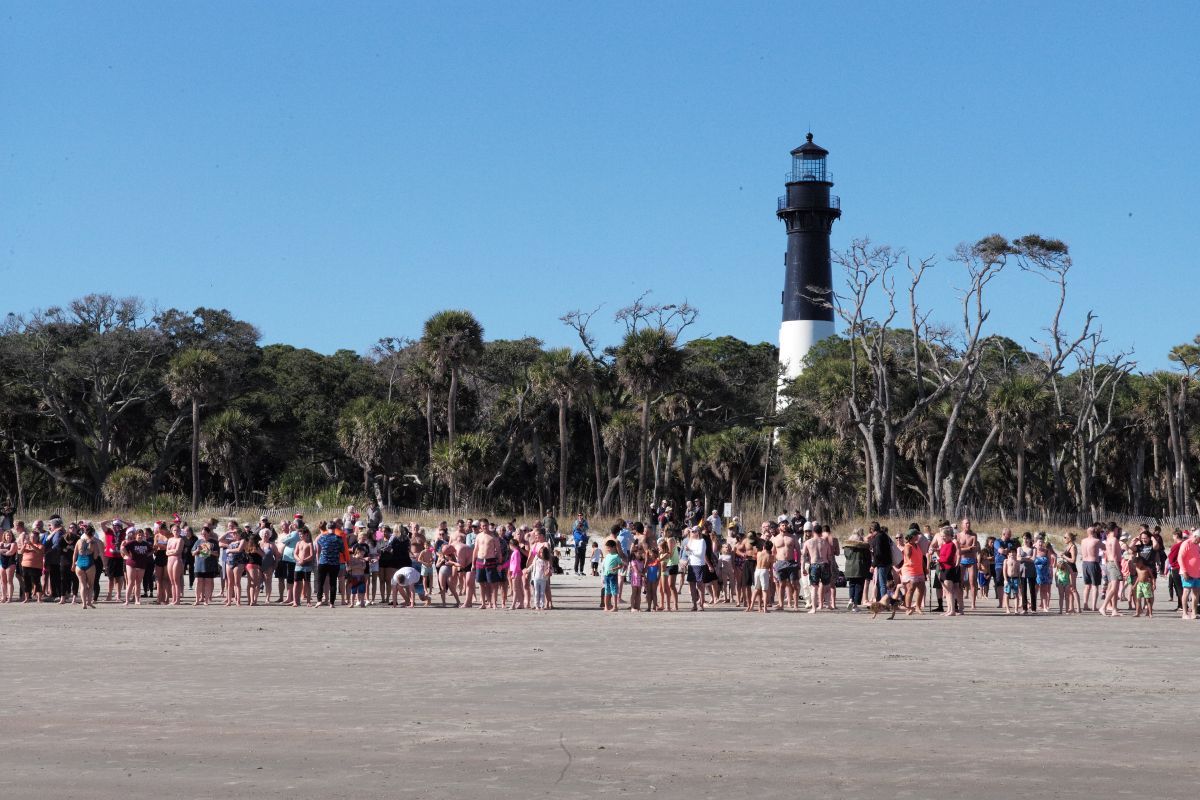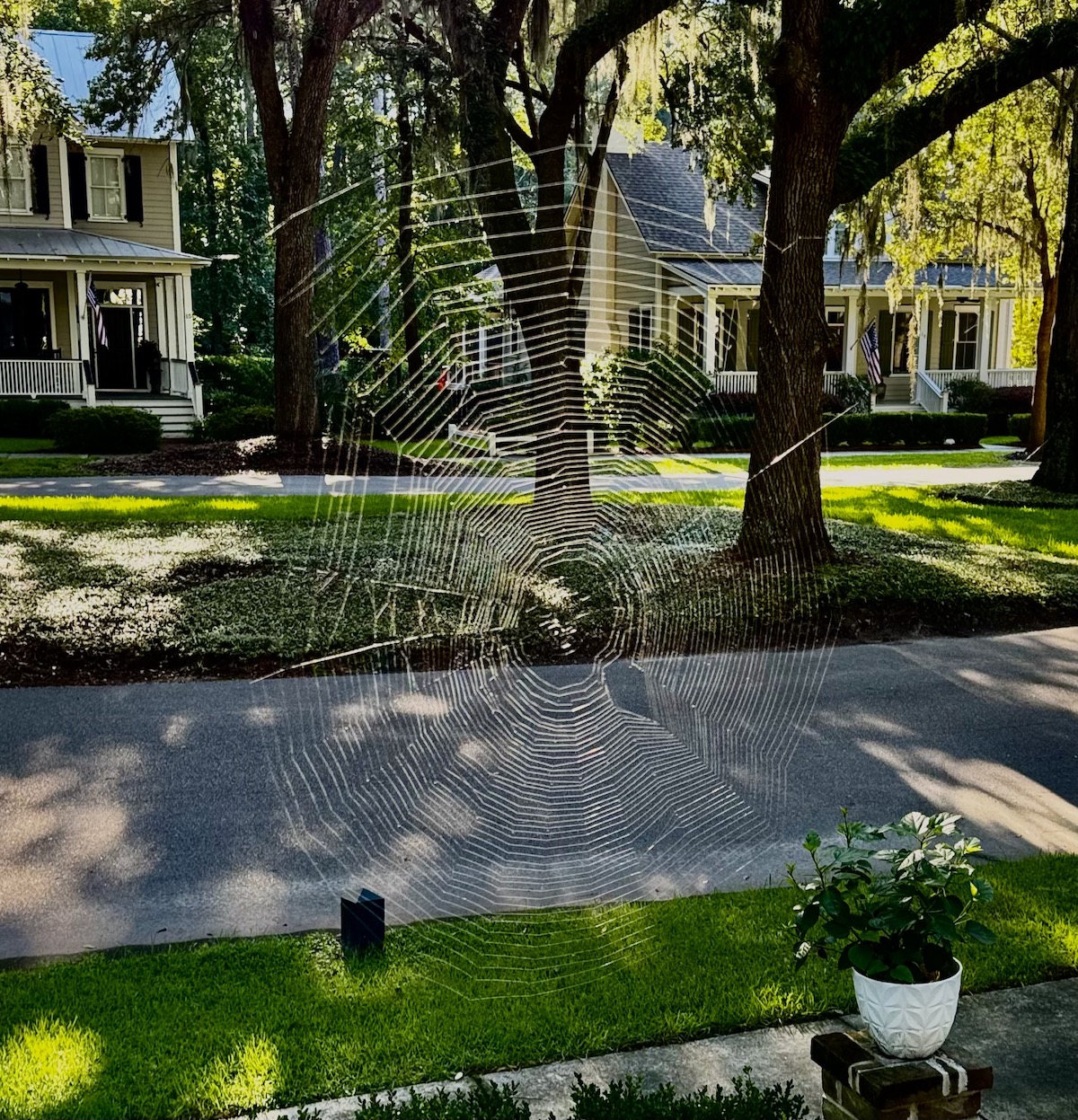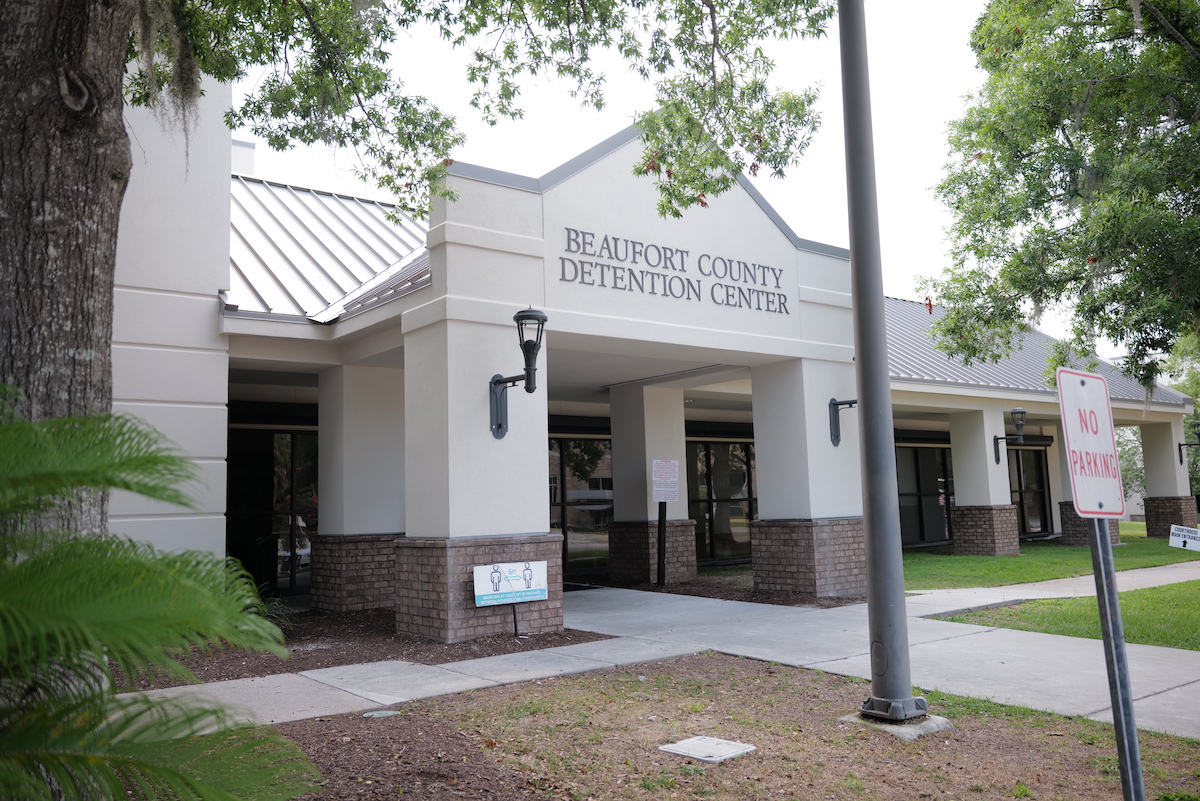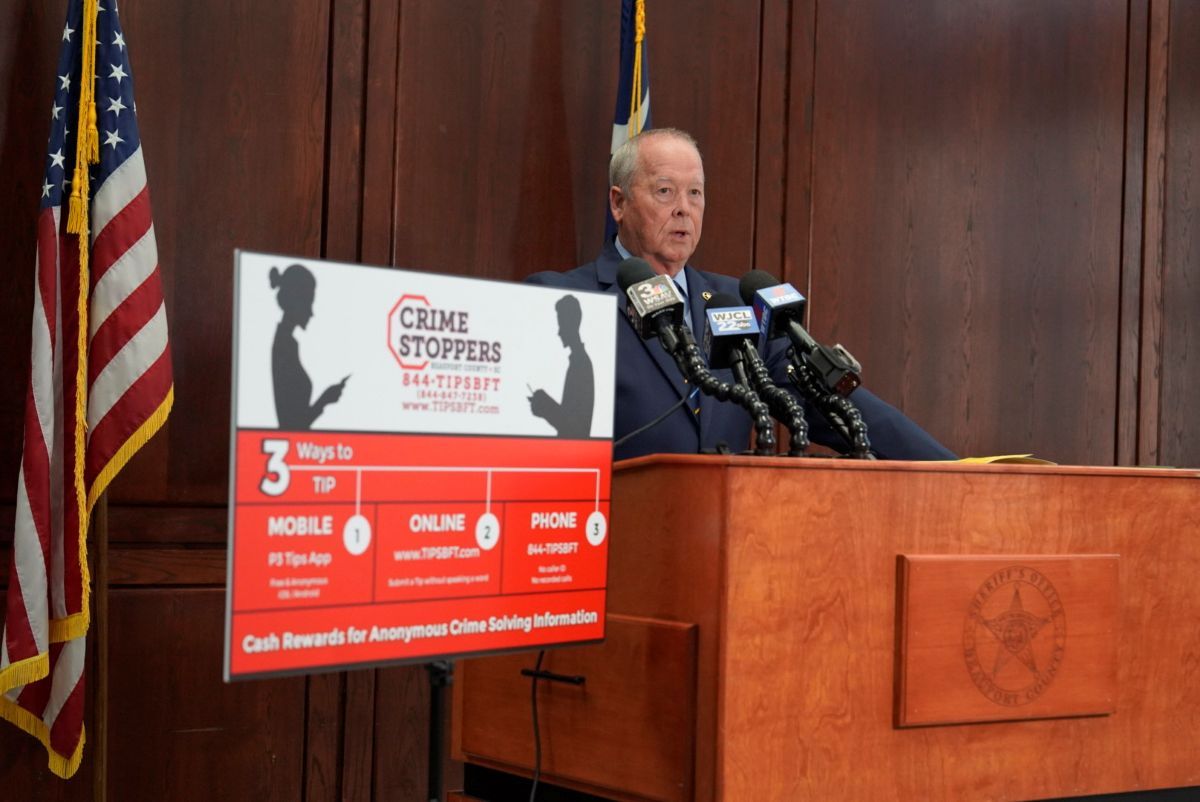By Delayna Earley
The Island News
The Beaufort County Council has agreed to begin legal negotiations with the Pine Island developer after a 5-4 vote in a Special Called Meeting where council received legal advice about a proposed development agreement for the St. Helena Island property.
While this is not a final decision on whether the county will accept the developer’s application for the development agreement, it allows the conversation to continue so that they could potentially make a deal later.
If the agreement is ultimately accepted, the 437-acre property could be developed into an 18-hole golf course and gated community and would no longer be subject to the Cultural Protection Overlay (CPO), a zoning overlay that prevents such developments from being built on St. Helena Island.
Council members spent several hours in a closed-door executive session during the meeting on Wednesday, Aug. 20, so they could receive legal advice regarding the proposed development agreement.
Council members David Bartholomew, Tom Reitz, Paula Brown, Tab Tabernik and Logan Cunningham voted in support, while York Glover, Lary McElynn, Gerald Dawson and Council Chair Alice Howard voted against working with the developer.
Councilmen Joe Passiment and Mark Lawson did not attend the meeting in person or virtually.
John DuBose of Smith, Robinson, Holler, DuBose and Morgan law firm was hired to review the development agreement application.
A development agreement is a contract between a local government and a developer that lays out the terms for how a piece of land will be developed.
A zoning map amendment, which changes how a land is classified or designated, is part of the deal with the property. The developer of Pine Island seeks a zoning map amendment to remove the property from the CPO, as well as council’s approval of the development agreement that includes a golf course.
Elvio Tropeano, who serves as the public developer for Pine Island, applied to have the property removed from the CPO originally in 2022.
The CPO has existed since the late 1990s and does not allow for the development of gated communities, resorts or golf courses to preserve the Gullah Geechee culture on St. Helena Island.
Ultimately, the county council ended up strengthening the CPO by clarifying that golf courses are banned on St. Helena, a move that caused Tropeano to legally challenge the CPO. The lawsuit brought by Tropeano is still ongoing.
Beaufort County’s Planning Commission voted unanimously in May to recommend the denial of the amendment application due to a concern that by approving the amendment, a precedent would be set for future developers that seek to violate the protections put into place by the CPO.
The final decision lies with the Natural Resources Committee, who will meet and make their recommendation to Beaufort County Council in early September.
If accepted, the development agreement includes an 18-hole golf course and 49 residential units.
Part of the development agreement’s plan includes $2.5 million in funding and providing land for a community center on St. Helena Island as well as a pledge to preserve open space.
The alternative, according to the developer, is a residential development that consists of 149 home units and 90 docks. This “full density plan” does not need any changes to the current zoning plan to go forward and would not include a community center or promise for preservation.
After the National Resources Committee reviews the zoning map amendment, they will make their recommendation to Beaufort County Council, who will decide whether it will pass or not.
As for the development agreement, there needs to be two public hearings which will take place on September 22 and October 27.
Delayna Earley, who joined The Island News in 2022, formerly worked as a photojournalist for The Island Packet/The Beaufort Gazette, as well as newspapers in Indiana and Virginia. She can be reached at delayna.theislandnews@gmail.com.

